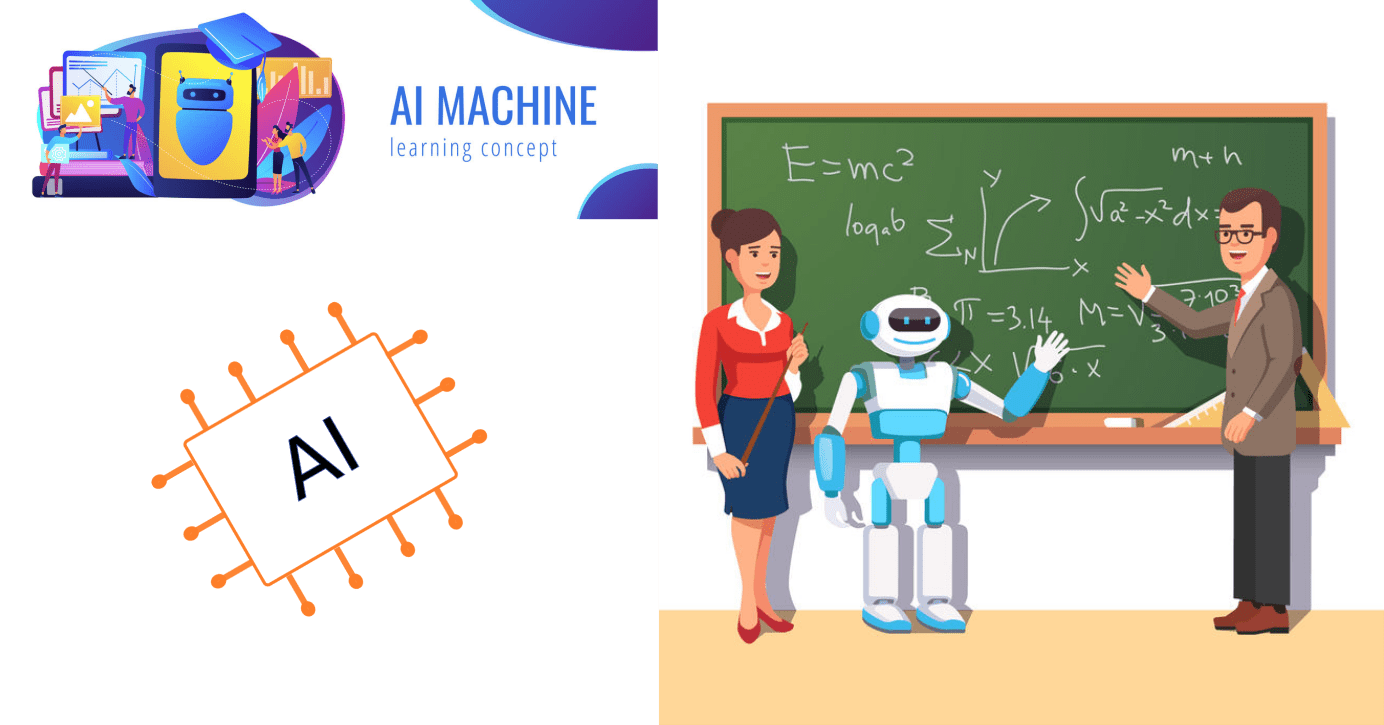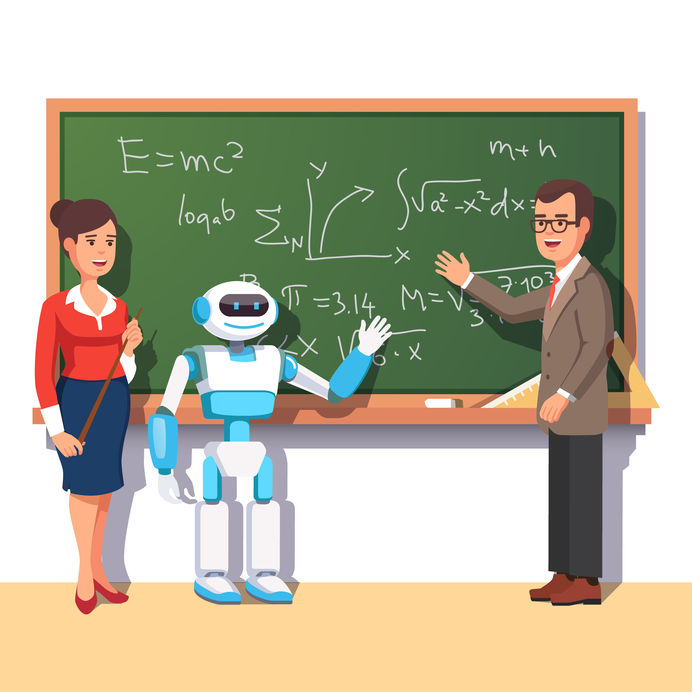With automated parking systems, smart gadgets and personal assistants – Artificial Intelligence is into our lives and is here to stay. Education always remains as one of the top verticals to leverage the technological advancements and AI is being embraced by the Education sector rapidly. By using Artificial Intelligence in education, the sector is being transformed across multiple dimensions – like from the traditional ways of learning through a common curriculum to more personalized learning etc..
Further, Artificial Intelligence promises to play a crucial role in facilitating adaptive learning, understanding student behavior, performing mundane administrative tasks, automating student grading systems, being used as virtual facilitators or conversational or chatbots for campus, collating data and much more. A research report published in EdTech magazine in 2017 has said that the use of AI in the education sector will grow 47.5 percent through 2021. And this seems to be true today as we can see AI everywhere.
With technology czars – IBM, Microsoft, Amazon and Google etc., launching new machine learning tools and frameworks, AI seems to be poised for an exponential growth through it’s applications that span most of the industry verticals – including Education industry. For example, IBM’s Watson Analytics helps in answering natural language questions about an uploaded Data set. And, Microsoft’s Azure Machine Learning studio with its drag-and-drop authoring environment makes data manipulation easy. The Explore function available in Google sheets allows students to write formulas using the Natural Language Processing (NLP) technology without a need to type them!
Let’s look at some AI trends that are transforming the Education Industry:
AI is changing the grading and overall student assessment system
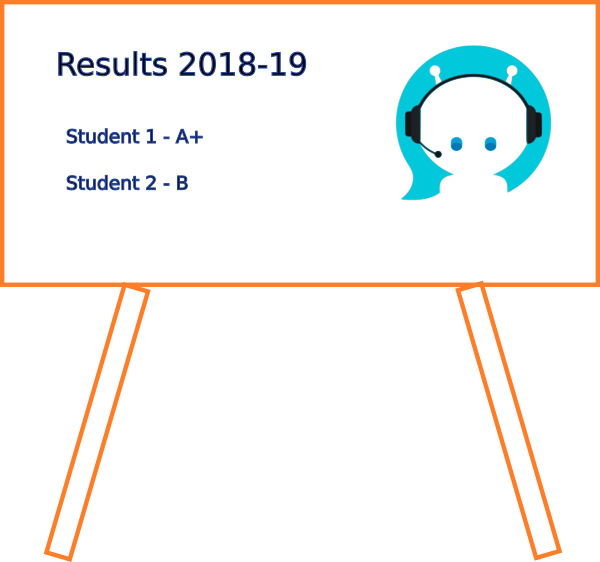
Automated Grading
Student evaluation has become simple and easy with AI. AI helps in tracking individual students and understanding their learning path. Automated assessments help in driving improvements by grading and giving feedback to students and tracking how the student copes with failures. Admission and student enrollments are tedious processes and are difficult to handle by the administrative team. AI makes it easy by automating the student enrollment process, like segregating the large volumes of data into different categories. AI has also made a significant improvement in processing of the entire paperwork. AI based systems like NWEA, GradeScope helps in accurate assessments and faster grading.
Automated learning tasks through Smart Content
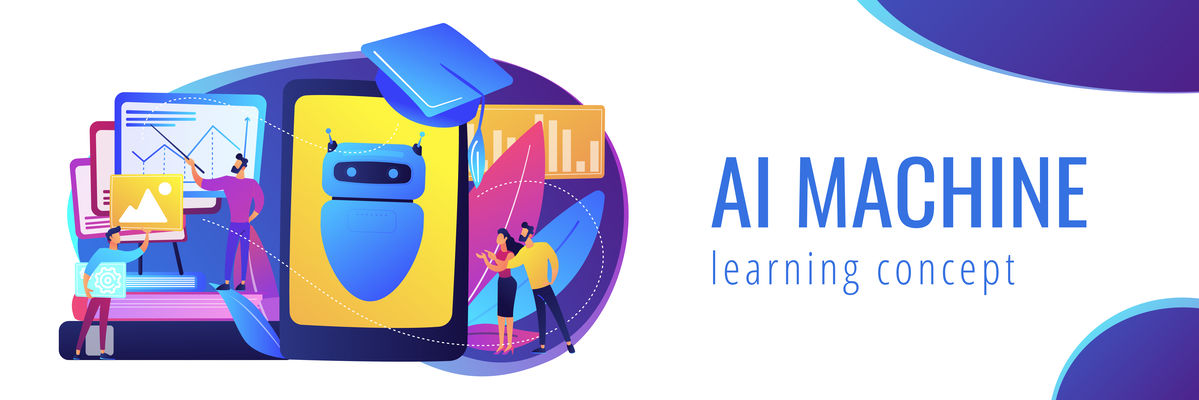
Automated-Learning-Tasks-Through-Smart-Content
The concept of smart content is increasing in the schools and AI is the driver for this smart content. AI-powered Chatbots or Robots convert the textbooks into digital content that can be accessed from any device, anywhere and at anytime. This digital content can be customized as per individual student making the learning process simple and easy. A company like Content Technologies Inc. is using machine learning and AI in education sector to automate the learning process. Similarly, course providers like Coursera, Udacity and edX are in the process of designing enhanced course materials for easy learning. Another informative system Cram101 uses AI to transform textual content into precise digital content with small chapter summaries and practice tests. Netex Learning helps teachers to design digital curriculum that works on several devices including audios and videos.
Personalized & Adaptive Learning
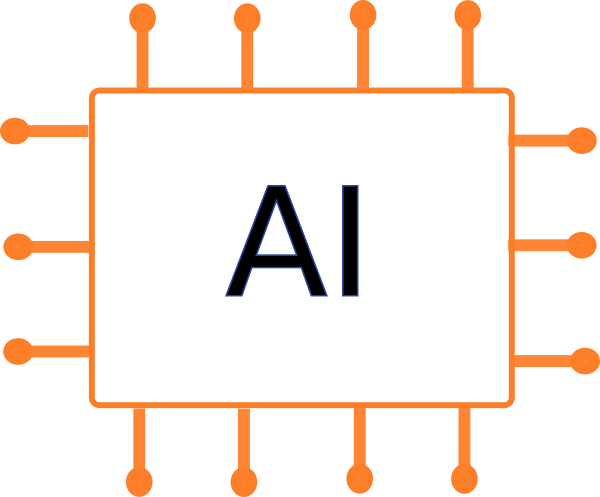 Every student is different and they have individual learning graph. AI helps in analyzing the students learning patterns. By using the student data, AI helps in designing specific courses according to students learning pace and instructional approach. AI not only helps in understanding the student learning pattern, but also provides suggestions for any gaps in learning. Carnegie Learning is a tool that works directly with the students by giving them feedback on the basis of the data given by them. Another app called BYJU helps in customizing the course materials for students and it runs according to the student’s pace. i-Ready is a tool widely used for maths and adaptive learning. AI based intelligent adaptive learning systems can track student progress and either adjust the student’s course structure or inform the teacher about it.
Every student is different and they have individual learning graph. AI helps in analyzing the students learning patterns. By using the student data, AI helps in designing specific courses according to students learning pace and instructional approach. AI not only helps in understanding the student learning pattern, but also provides suggestions for any gaps in learning. Carnegie Learning is a tool that works directly with the students by giving them feedback on the basis of the data given by them. Another app called BYJU helps in customizing the course materials for students and it runs according to the student’s pace. i-Ready is a tool widely used for maths and adaptive learning. AI based intelligent adaptive learning systems can track student progress and either adjust the student’s course structure or inform the teacher about it.
Virtual Tutor with Teachers
Robots and Chatbots will be the new Teachers in schools. AI has a great potential in offering online learning as it supports tutoring and helps student to study at home or prepare for exams. Virtual tutors and assistants help in problem-solving, answering questions and clarifying doubts. IBM’s Watson provides virtual facilitator for online learning and quick responses for questions asked.
Easy monitoring of Students during exams
Using Artificial Intelligence in education, remote classrooms can be easily monitored and proctoring becomes easy. With the increase in distance learning, it is important to note that students do cheat while writing exams. Thus, proctored test/proctoring is a method to ensure no student cheats in the exam. These tracking mechanisms combine video images, audio clips and helps in monitoring the test centers easily. AI makes online learning more qualitative and transparent.
AI helps in eliminating boundaries and encourages global learning. AI-powered systems allow students to take up any course anywhere. As the educational institutions are focusing on personalized and adaptive learning, use of AI in imparting education will be more in practice in the future. AI tools will be visible from the lowest grades to the higher grades and will be seen helping educators in understanding individual student requirements and allowing them to provide courses accordingly. With automated administrative tasks, teachers will have more time to focus on student development and help them more in learning.

